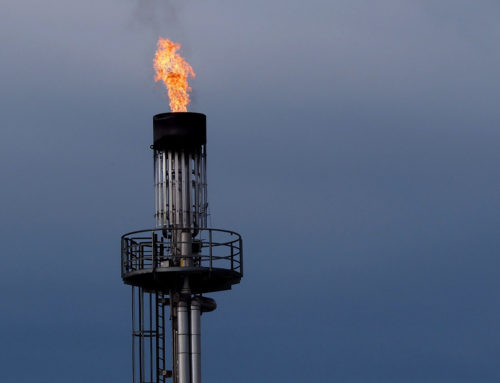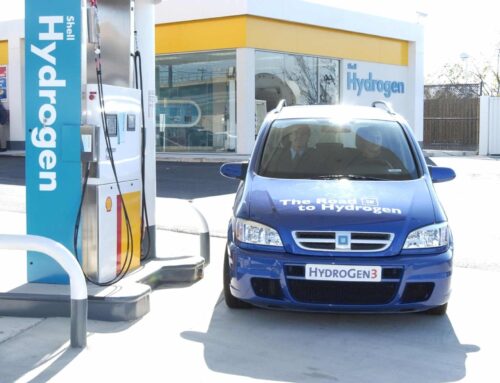On Thursday, Oglethorpe Power Company reported it was seeking an additional $1.5-$1.6 billion loan guarantee from the Department of Energy (DOE) to finance its share of cost overruns associated with constructing two nuclear reactors at Plant Vogtle in Georgia.
Any new guaranteed borrowing would add to the $3.1 billion loan guarantee Oglethorpe received from the DOE in February 2014. The request represents the latest in a series of efforts by Oglethorpe, the other Vogtle co-owners, and lawmakers to bail out the failing nuclear project on the backs of taxpayers.
Quick recap: Oglethorpe and the other major Plant Vogtle owners – Southern Company subsidiary Georgia Power, and the Municipal Electric Authority of Georgia (MEAG) – began constructing the two units near Waynesboro, Georgia in 2009. At the time, the owners estimated that the project would cost about $14 billion, and projected that the two reactors would come online in 2016 and 2017 respectively.
After breaking ground, the project quickly began to struggle with cost increases and schedule delays. Nevertheless, the DOE issued $3.06 billion and $3.45 billion in loan guarantees to Oglethorpe and Georgia Power in February, 2014. MEAG received a separate $1.8 billion in loan guarantees in June, 2015. The guarantees not only subsidized the project by reducing the owners’ cost of borrowing, they also put taxpayers on the hook for billions of dollars should the project go belly-up and the owners default on the loans.
In March of this year, after more cost overruns and delays, the project contractor – Westinghouse Electric Company – announced it was filing for bankruptcy. The news brought the prospect of the project failing into sharp focus. In fact, in response to the bankruptcy, the owners of a project in South Carolina that had also contracted Westinghouse to build two reactors announced plans to shut down construction at their plant.
In recent weeks, the Vogtle owners have announced that the project is even further over budget and behind schedule than previously known. It’s now estimated that the two reactors could cost as much as $25 billion and come online as late as 2022 and 2023; that is, the project is more than $10 billion over budget and six years behind. Faced with having to pony up billions more to continue construction, or shut it down and eat their sunk costs, the Vogtle owners and their backers have come running to Congress and the DOE with outstretched hands.
In a call with investors on August 24, Oglethorpe executives were candid about their efforts. On one front, they acknowledged working with Southern Company and the congressional delegations from South Carolina and Georgia to lobby for extending and greatly expanding the nuclear production tax credit. A bill to that effect recently passed the House of Representatives, and if passed by the Senate, would hand out up to $2.2 billion in tax credits to the owners, who don’t qualify under current law.
Meanwhile, the Vogtle owners have also been requesting new loan guarantees from the DOE, though it was previously unknown for just how much. In the call, however, Oglethorpe CFO Betsy Higgins revealed, “we are seeking additional funding in the range of $1.5-$1.6 billion.” And apparently, instead of shutting the door in their face, the DOE has been more than receptive to putting even more taxpayer money on the line for the flailing nuclear project. According to Higgins, “The DOE has been extremely professional and supportive over these last several months, and have [sic] worked tirelessly with us and the other owners…”
Even considering the owners’ request after Vogtle’s myriad mishaps and outright failures would be bad enough, but the DOE is also reportedly rushing to make the decision before the end of the fiscal year on September 30.
In light of recent events, the DOE should be learning from their principal mistake of underestimating the risk associated with the Vogtle project, and moving to safeguard the federal funds already tied up in it. Instead, the DOE appears to be bending over backward to accommodate the companies without even doing taxpayers the courtesy of conducting the due diligence such a decision would normally entail. The department’s behavior, at the least, raises serious questions about whom it serves: the taxpayer interest, or industry?










